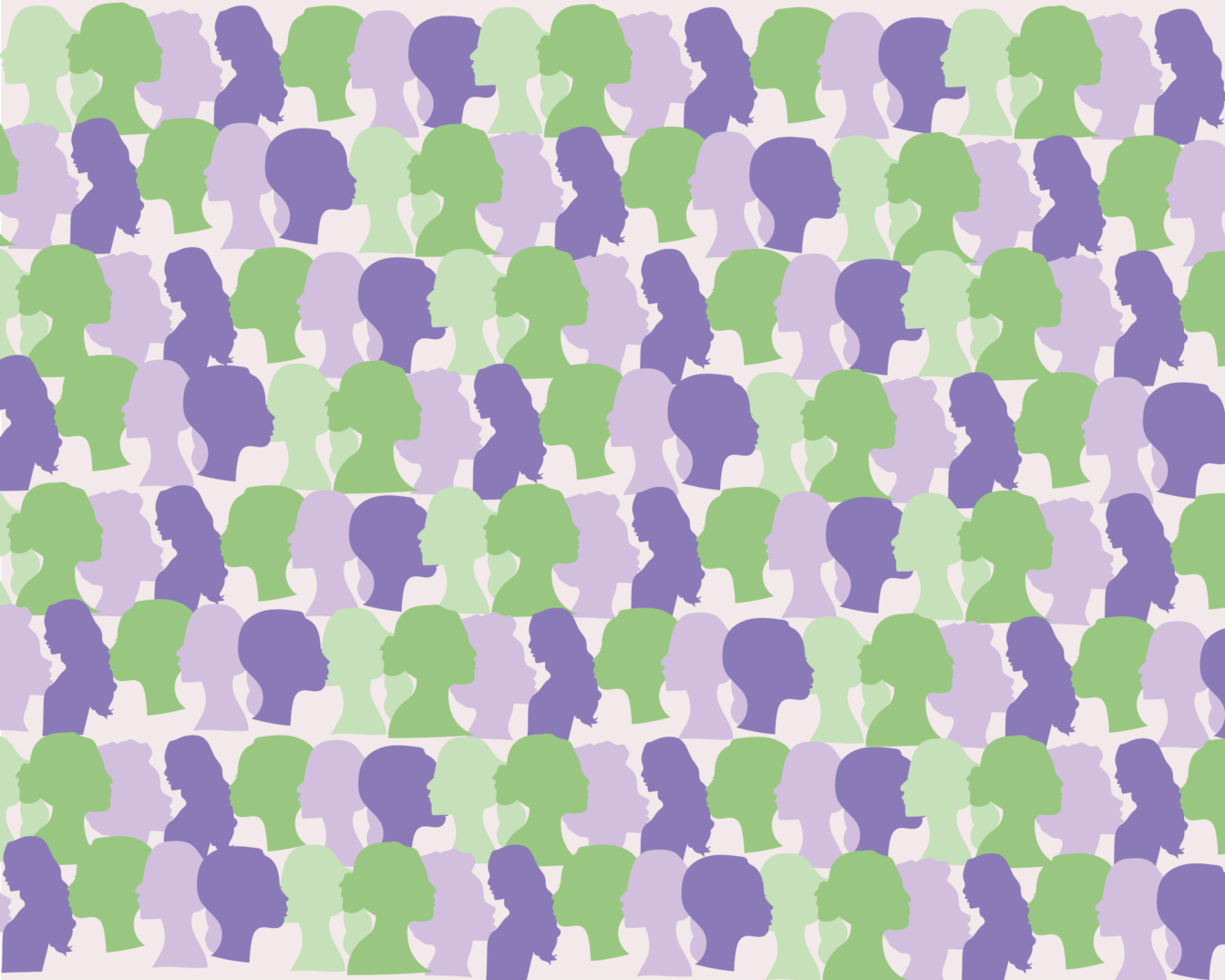March is recognized as Women’s History Month in the United States and allows for the celebration of the roles women have played in American history.
The recognition of the month began in 1981 as a weeklong celebration. Through the efforts of the National Women’s History Alliance, March was declared Women’s History Month in 1987, according to Women’s History.
March 8 is recognized as International Women’s Day, which recognizes women’s rights movements, issues surrounding gender equality, violence, and abuse against women and reproductive rights, according to International Women’s Day organizers.
In the U.S., the National Women’s History Alliance themed Women’s History Month 2023 “Celebrating Women Who Tell Our Stories.” This month will highlight women’s success in media of all types — including radio, television, stage, art and more.
At the University of Wisconsin-Madison, events throughout the month of March aim to capture the growing intersectionality of women’s achievements, according to Director of Media Relations Kelly Tyrell.
“The university celebrates achievements, big and small — from the work women on campus perform daily to support our students, to the significant accomplishments made by women leading their fields, from medicine to history and beyond,” Tyrell said in an email statement to The Badger Herald.
Women of color celebrated at 15th Outstanding Women of Color Awards reception
Throughout the month, UW-Madison and the UW System will honor National Women’s History Month through speakers and student colloquiums that celebrate student research into women’s history, policy work, government work and women in STEM, according to Tyrell.
It is important that intersectionality is at the center of Women’s History Month, according to UW Director of the Women’s and Gender Studies Consortium Stephanie Rytilahi.
“Including queer and trans women, women of color, women with disabilities, undocumented women and then people at the intersections of those identities has really become what is a true and successful iteration of Women’s History [Month],” Rytilahti said.
March 2, UW celebrated the accomplishments of women of color during the 15th Outstanding Women of Color Awards Reception. The awards aimed to recognize members of the UW-Madison community that are outstanding in their contributions to Madison, according to previous reporting by The Badger Herald.
The Supreme Court ruling in Dobbs v. Jackson Women’s Health Organization, overturning Roe v. Wade, is a factor that shifted the focus of the UW System’s Women’s History Month events. Many campuses are hosting reproductive justice panels to discuss the decision, according to Rytilahti.
The UW-Milwaukee Center for 21st Century Studies will host a roundtable discussion titled “After Dobbs” March 10, according to Rytilahti.
Center for Black Excellence and Culture approaches funding goal
“In addition to a lot of Dobbs panels happening right now, the other thing that I like to think about because of COVID … is a renewed focus on caregiving,” Rytilahti said. “… There’s a lot of groups doing activism around student caregiving.”
Other Wisconsin efforts include UW-Eau Claire’s International Women’s Day Keynote Speaker, Dr. Mimi Khúc, on March 9 and the UW-Madison’s virtual panel on Higher Education & Civil Society Collaboration for the Technological Advancement of Girls and Women March 13. The virtual panel will happen in conjunction with the NGO CSW67 Forum over Zoom, according to Rytilahti.
Another local effort to further Women’s History Month is the Women in Wisconsin website, which honors the stories of Wisconsin women making history.
The Women in Wisconsin website received over 400 nominations of influential women in the state’s history. Led by UW-Madison gender and women’s studies librarian, Karla Strand, and gender and women’s studies senior editor, JoAnne Lehman, the project has published over 100 profiles to educate readers on the importance of different figures in women’s history.
UW panelists discuss what is at stake in Wisconsin Supreme Court Election
Recognizing the roles of women reaches beyond just the month of March, however. Rytilahti said many people critique Women’s History Month for being considered a standalone event, separate from an inclusive history.
Rytilahti said focusing on intersectionality is critical during Women’s History Month, as well as in policy that affects women year-round.
“What the UW system can be doing is just paying attention to the message in all of these talks and presentations and student research and faculty and staff research and really thinking about the ways we can make sure that when we’re thinking about policy and inclusivity that these themes of intersectional feminism are at the core of them,” Rytilahti said.













